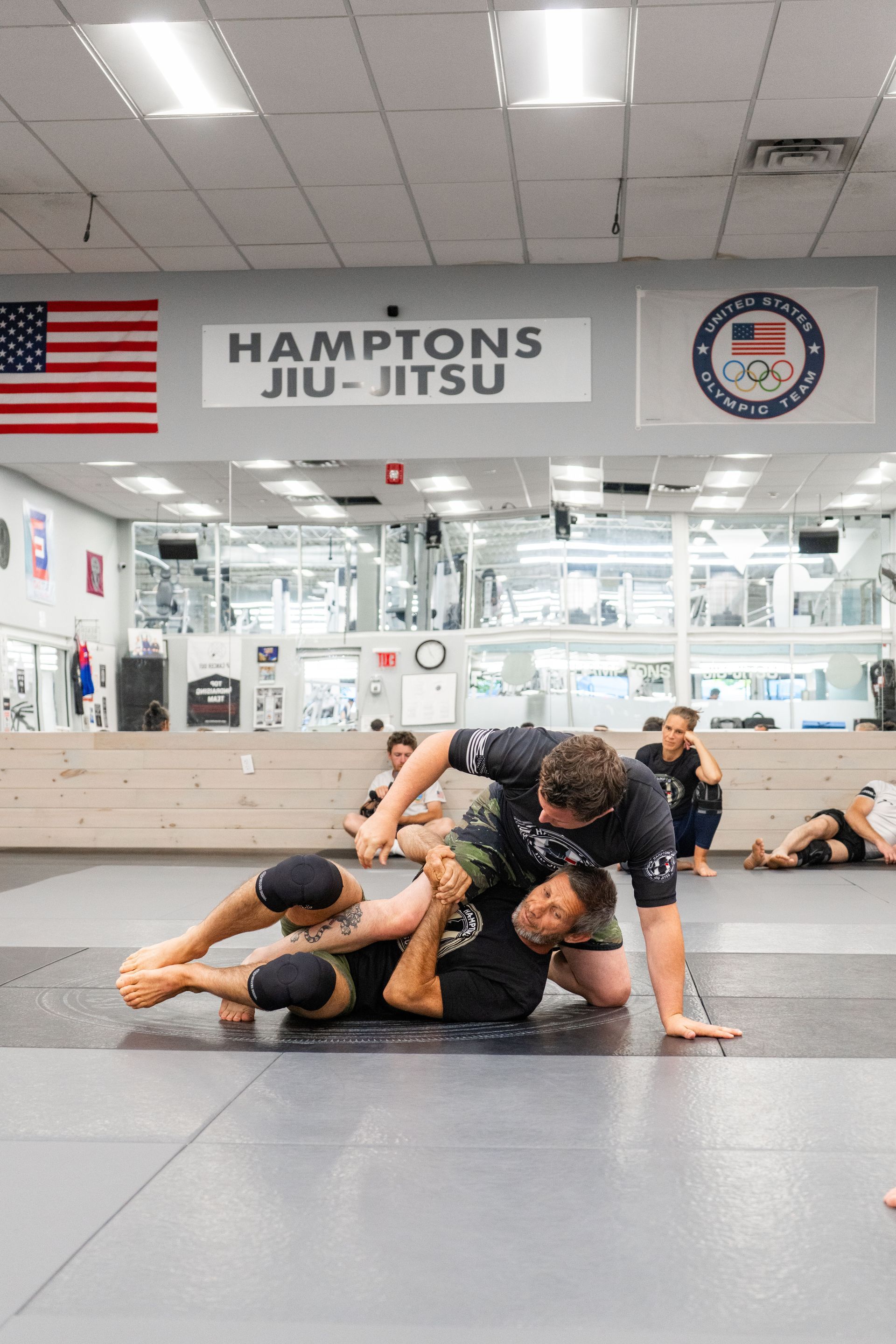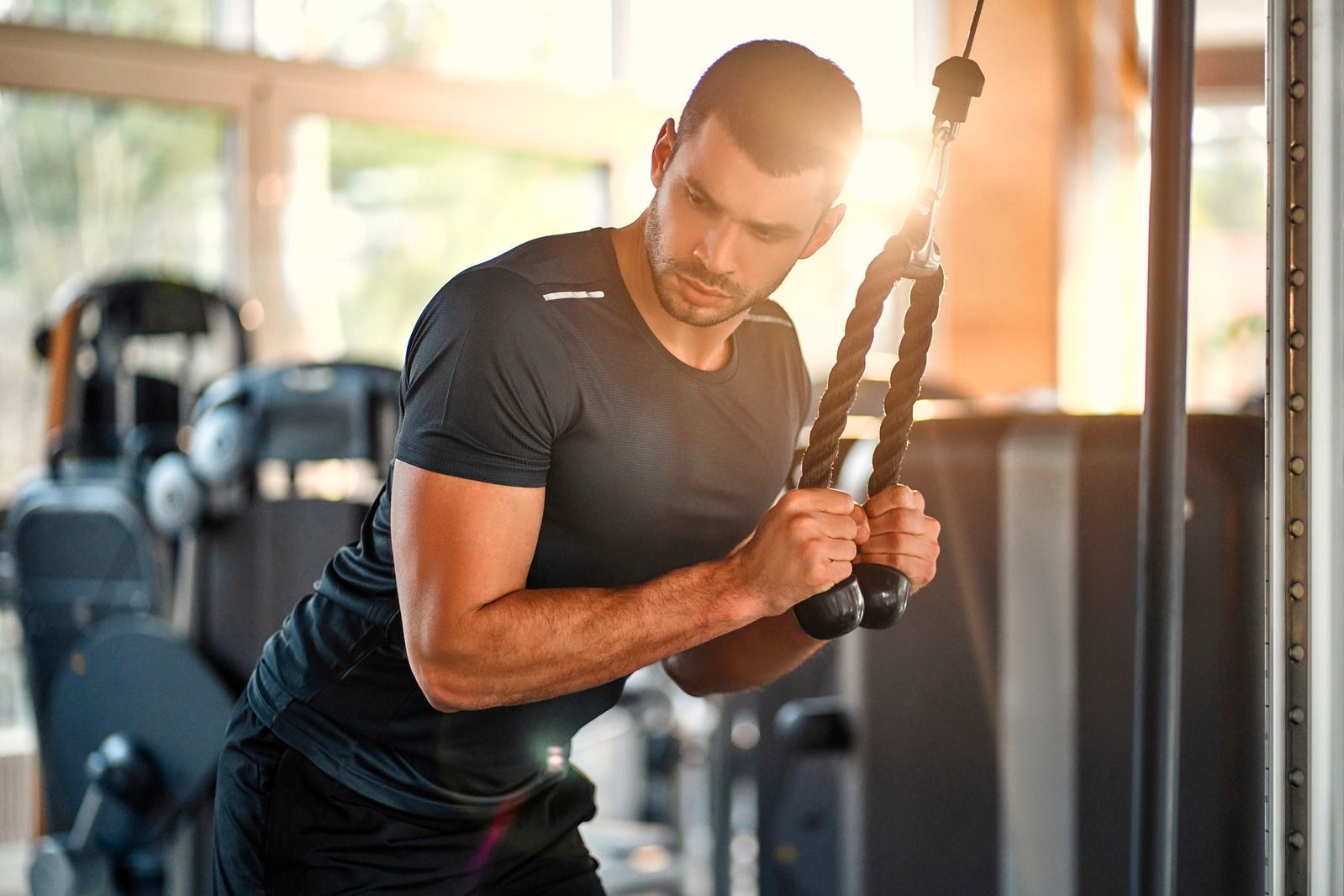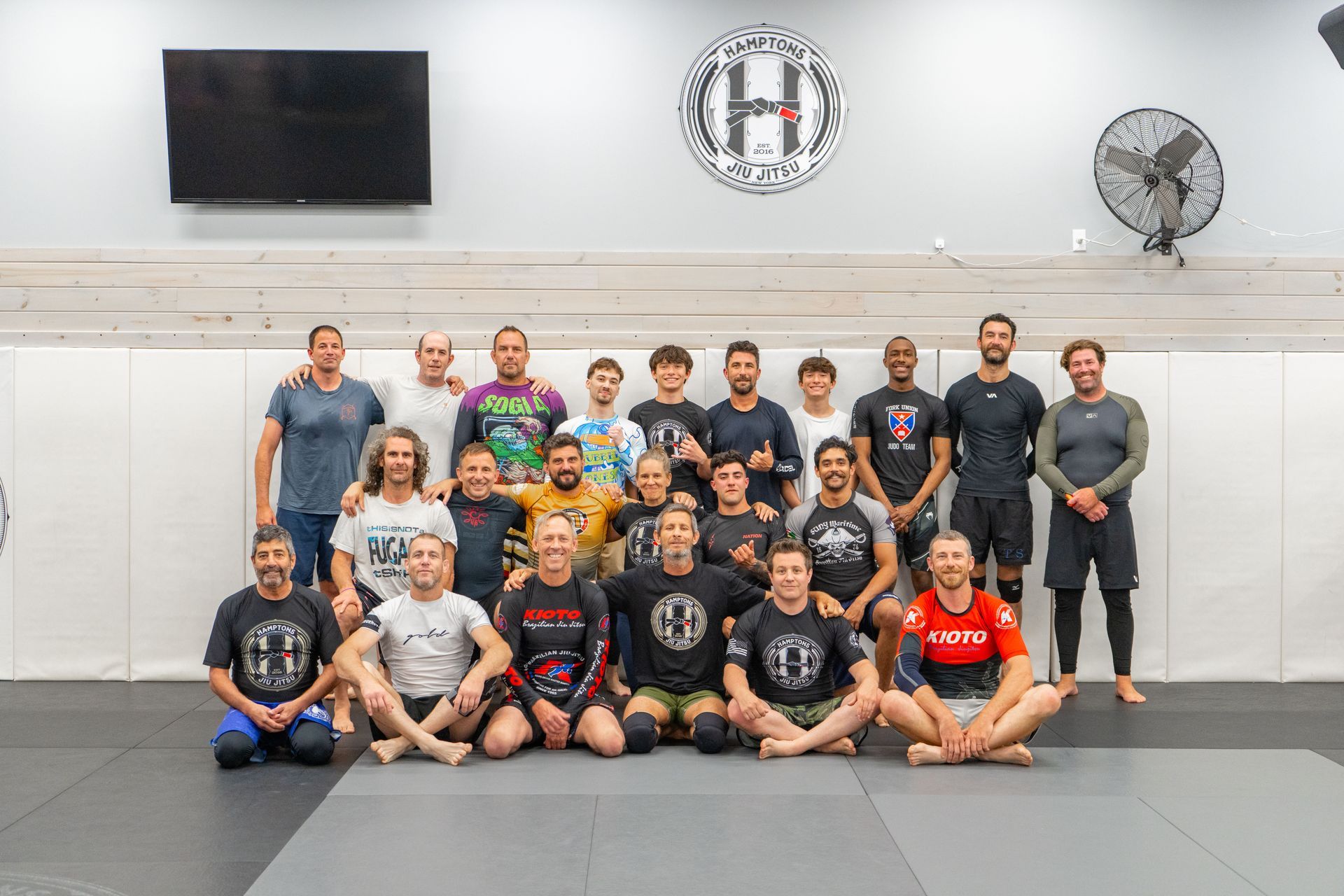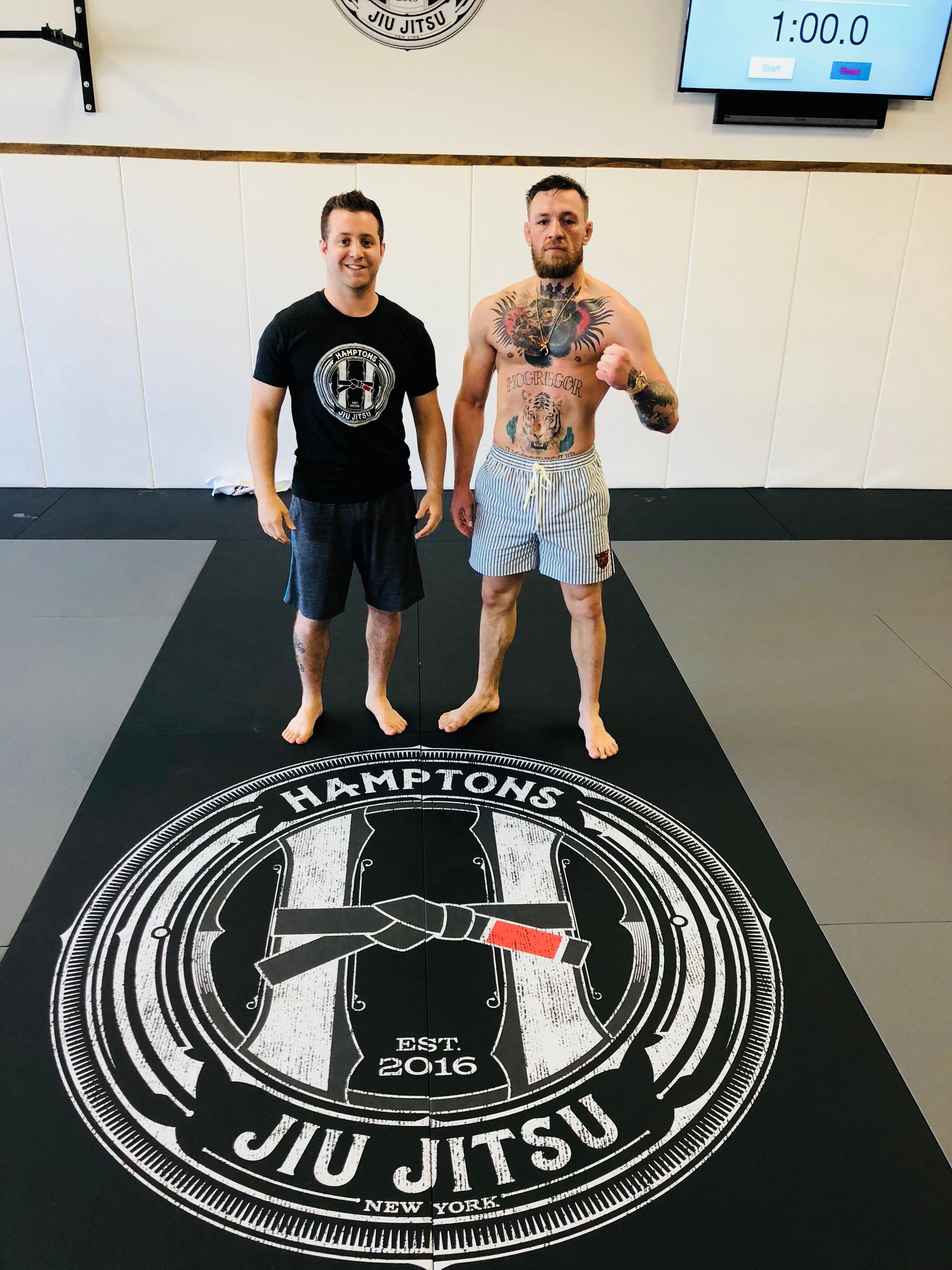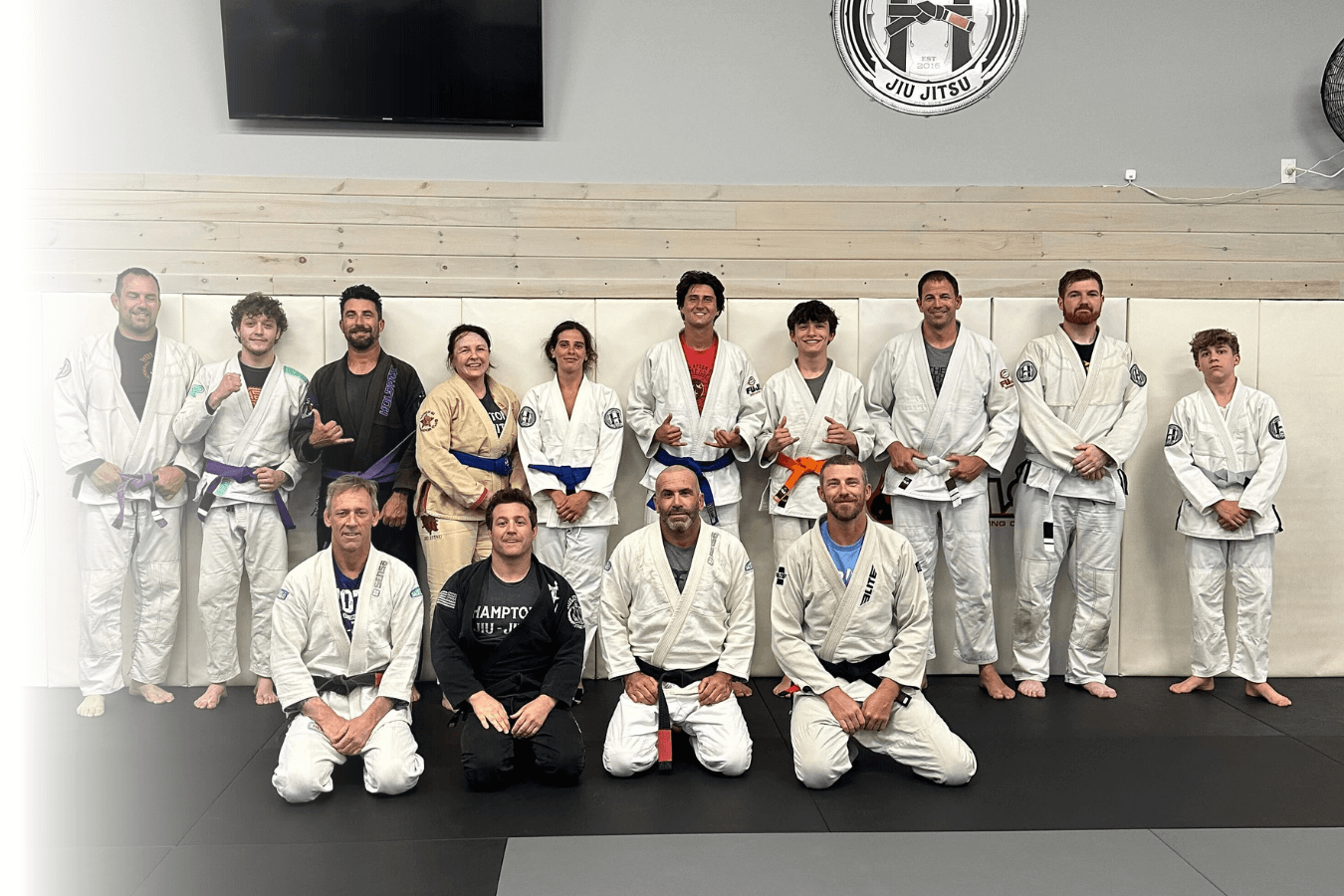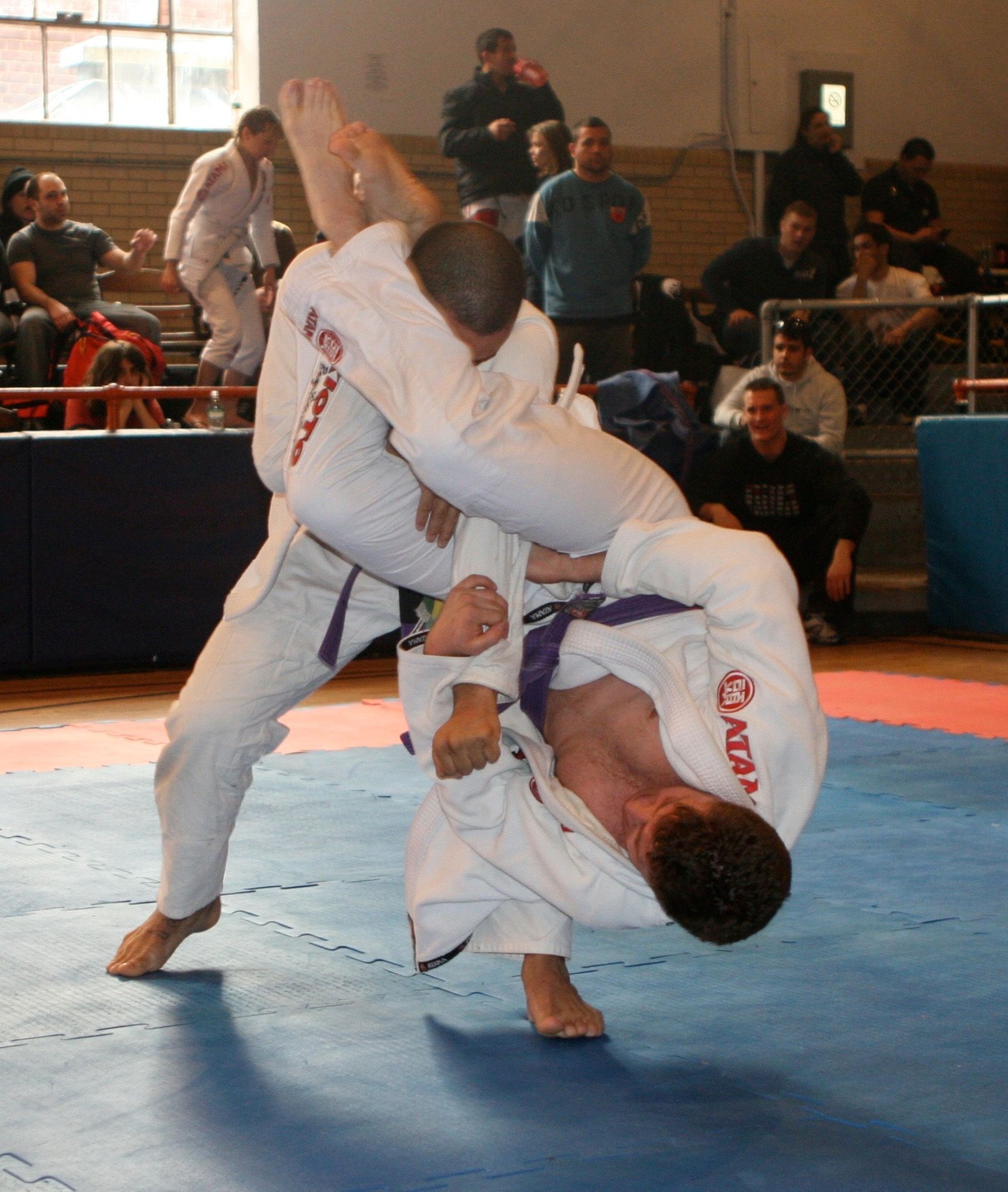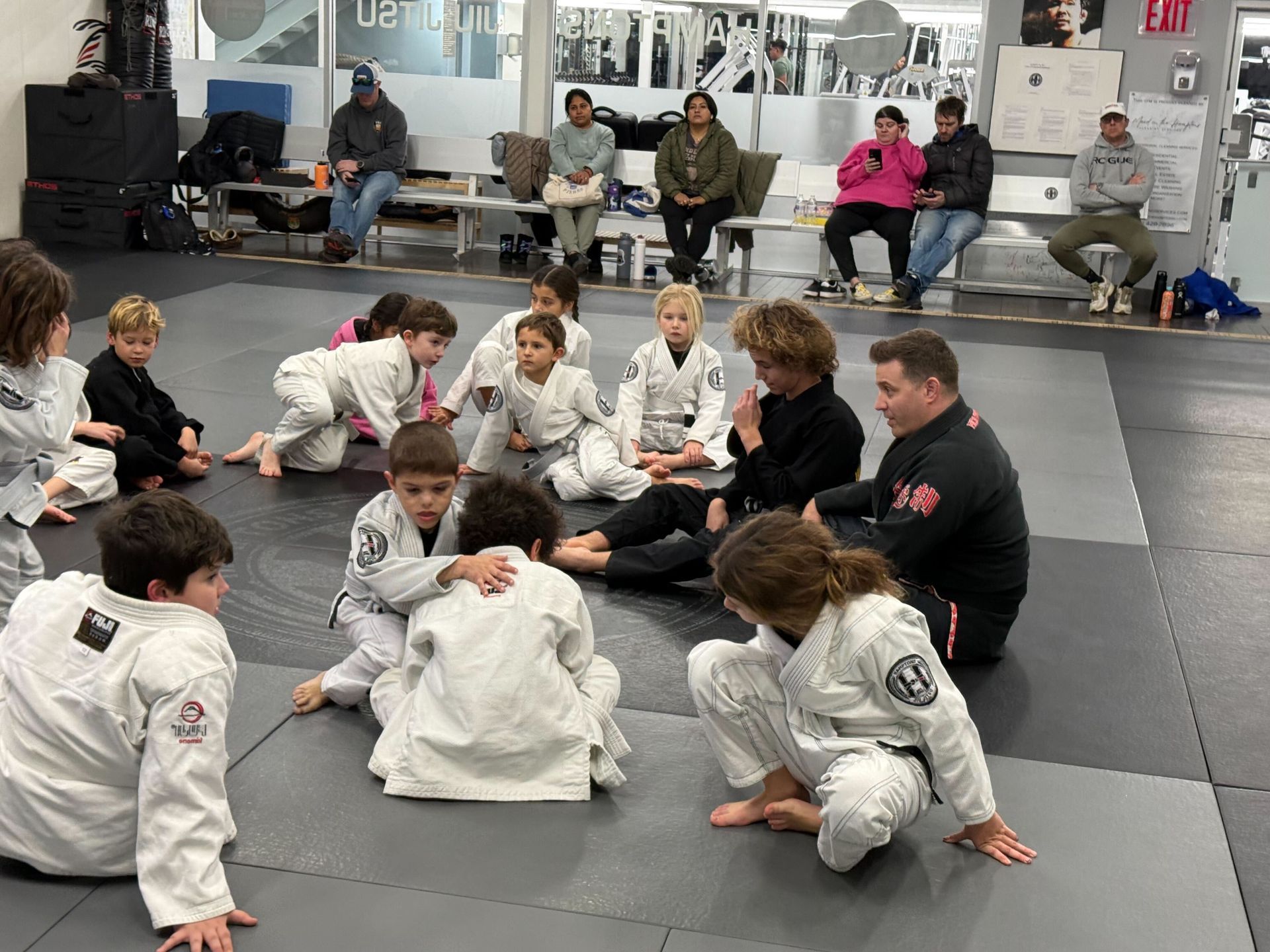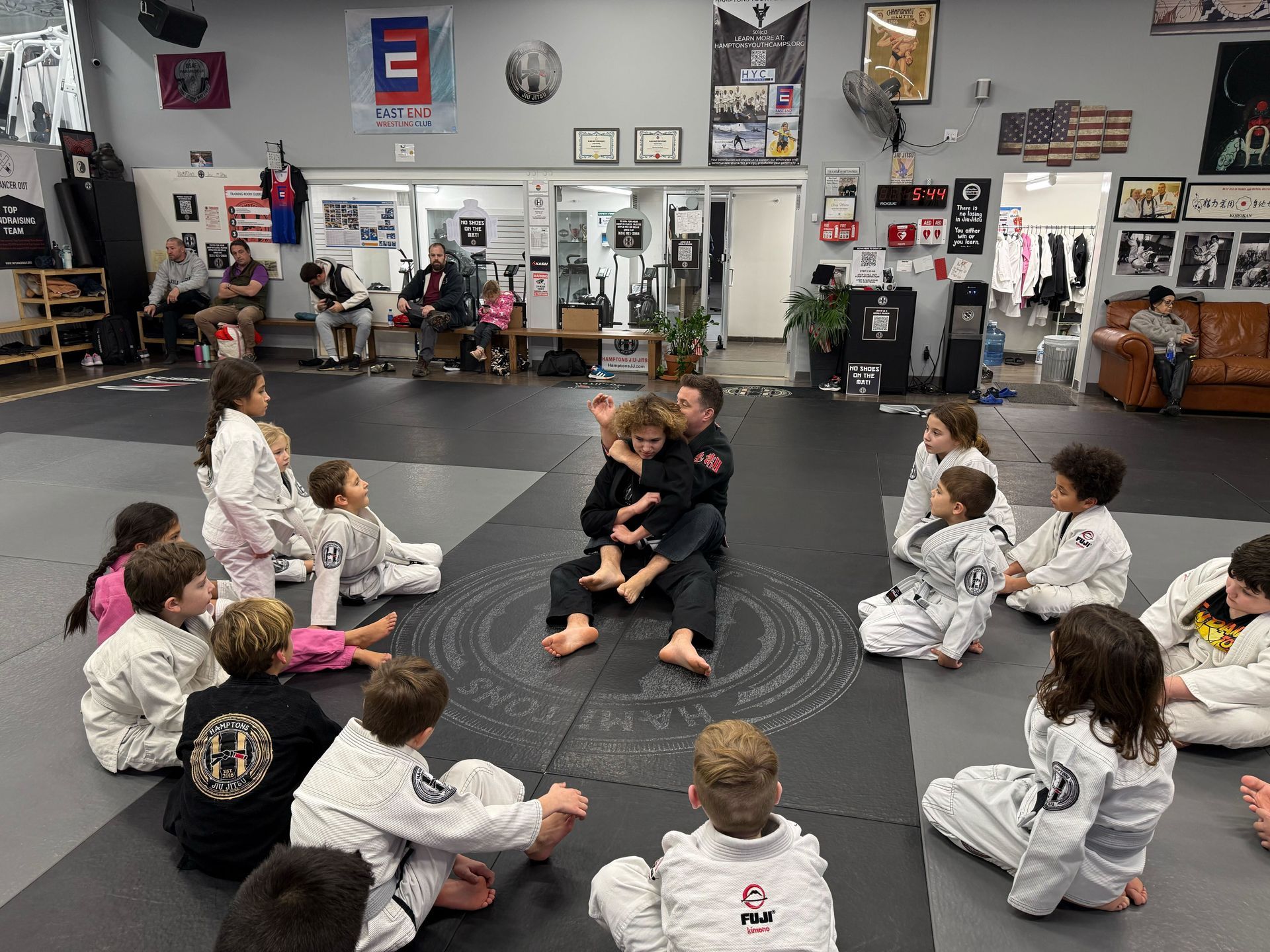How Martial Arts Promotes a Healthy Lifestyle
Martial arts have been practiced for centuries, offering numerous benefits that go beyond the combat aspect.
Whether practiced for fitness, self-defense, or personal growth, martial arts serve as a holistic approach to a healthy lifestyle. This article explores how martial arts can transform physical, mental, and social well-being, making it a valuable addition to any routine.
Introduction to Martial Arts and Its Benefits
Martial arts encompass a variety of combat and self-defense techniques rooted in ancient traditions. From karate and taekwondo to judo and Brazilian jiu-jitsu, each discipline offers unique benefits while sharing common principles of respect, discipline, and perseverance. As martial arts gain popularity worldwide, their appeal extends beyond the dojo to those seeking a comprehensive fitness regimen that nurtures both body and mind.
Definition and Types of Martial Arts
Martial arts are structured systems of combat practices that are performed for numerous reasons, including self-defense, competition, physical fitness, and mental and spiritual development. Popular forms include:
- Karate: Focuses on striking techniques using punches, kicks, knee strikes, and elbow strikes.
- Taekwondo: Known for its high, fast kicks and dynamic footwork.
- Judo: Emphasizes throws, joint locks, and grappling techniques.
- Brazilian Jiu-Jitsu (BJJ): A ground-based fighting style that uses leverage and technique to control opponents.
- Kung Fu: A diverse range of Chinese martial arts that involve fluid movements and strong stances.
Overview of the Popularity of Martial Arts in the Modern World
Martial arts have seen a resurgence in popularity as a means of physical exercise and mental discipline. The integration of martial arts in mainstream fitness routines, such as mixed martial arts (MMA) and kickboxing classes, has made these practices accessible to a broader audience, encouraging people of all ages and fitness levels to participate.
Key Health Benefits of Practicing Martial Arts
Engaging in martial arts offers a multitude of health benefits, from improved cardiovascular health to enhanced mental resilience. By incorporating martial arts into daily life, individuals can experience a balanced improvement in physical strength, mental clarity, and social connectivity.
Physical Health Benefits of Martial Arts
Martial arts provide a full-body workout that enhances physical fitness in various ways. It combines aerobic and anaerobic exercises, which are essential for improving overall health and fitness.
Cardiovascular Health and Endurance
Martial arts training often involves high-intensity drills that elevate the heart rate, promoting cardiovascular fitness. Regular practice improves endurance, enabling the heart and lungs to deliver oxygen more efficiently throughout the body. This results in better stamina and reduced risk of heart-related conditions.
Muscle Strength and Flexibility
The varied movements in martial arts, such as kicks, punches, and defensive maneuvers, build muscle strength and increase flexibility. Training helps to tone muscles and improve joint health, which can reduce the likelihood of injuries. Stretching is a key component of martial arts that aids in enhancing flexibility, promoting better range of motion.
Improved Coordination and Balance
Martial arts require precise movements and awareness of body positioning, which enhance coordination and balance. These skills are particularly beneficial for older adults, as they help prevent falls and improve stability.
Weight Management and Body Composition
Martial arts can be an effective way to manage weight, as the rigorous training sessions burn calories and boost metabolism. This exercise regime promotes healthy body composition by reducing body fat and increasing lean muscle mass.
Mental Health Benefits of Martial Arts
Beyond physical health, martial arts also play a significant role in improving mental well-being. The practice emphasizes mental discipline, self-control, and resilience.
Stress Relief and Mental Clarity
Practicing martial arts can be a powerful tool for stress management. The focus required during training shifts attention away from daily worries, while the physical exertion releases endorphins, the body’s natural stress-relievers. Many martial arts also incorporate meditation and breathing techniques that foster mental clarity and relaxation.
Boosting Self-Confidence and Self-Esteem
Learning and mastering new techniques in martial arts can significantly boost self-confidence. The progress made in training helps practitioners feel more capable and empowered, which positively affects self-esteem and self-worth.
Developing Discipline and Patience
Martial arts teach the importance of discipline and patience. Mastery of martial arts requires consistent practice and dedication, fostering a mindset that values perseverance and self-control, which can be applied to all areas of life.
Enhancing Focus and Concentration
Martial arts require intense concentration and focus, whether it's learning a new move or sparring with a partner. This ability to concentrate can translate into other areas of life, such as academic or professional settings, leading to better performance and productivity.
Social Benefits of Practicing Martial Arts
In addition to physical and mental benefits, martial arts provide a social environment that fosters community and interpersonal skills.
Building Community and Social Connections
Martial arts classes are often group-based, encouraging participants to interact and bond with one another. This sense of community can provide emotional support and foster friendships, enhancing social well-being.
Learning Respect and Empathy for Others
Martial arts are built on principles of respect and humility. Practitioners learn to respect their instructors, peers, and themselves. This respect extends to everyday interactions, promoting empathy and understanding towards others.
Martial Arts as a Tool for Self-Defense
Self-defense is one of the core aspects of martial arts, providing practical skills that can enhance personal safety.
Understanding the Principles of Self-Defense
Martial arts teach defensive techniques that can be used in real-life situations. These skills are not just about physical combat but also about awareness and the ability to avoid or de-escalate conflicts.
Enhancing Personal Safety and Awareness
Training in martial arts sharpens one’s situational awareness and self-awareness. Practitioners learn to be mindful of their surroundings and assess risks, which can help them stay safe in potentially dangerous situations.
Martial Arts for All Ages
Martial arts are inclusive and adaptable to all age groups, making them a lifelong fitness option.
Benefits for Children and Adolescents
For young practitioners, martial arts can improve physical fitness, self-discipline, and social skills. It provides a structured environment where children learn about goal-setting, perseverance, and respect.
Benefits for Adults and Seniors
Adults benefit from the physical and mental challenges of martial arts, which help in maintaining fitness and reducing stress. Seniors can also practice modified martial arts to improve balance, coordination, and flexibility, which are crucial for preventing falls and maintaining independence.
Integrating Martial Arts into Daily Life
Getting started with martial arts is easier than ever, with numerous styles and classes available for all interests and fitness levels.
Finding the Right Martial Arts Discipline for You
Choosing the right martial arts discipline depends on personal goals, interests, and physical capabilities. Whether the aim is fitness, self-defense, or personal growth, there is a martial arts style that suits everyone.
Setting Realistic Goals and Staying Consistent
Success in martial arts requires setting achievable goals and maintaining consistency in practice. Whether training for fitness, self-defense, or competition, regular practice and perseverance are key to reaping the full benefits of martial arts.
Final Thoughts
Martial arts offer a comprehensive approach to a healthy lifestyle, enhancing physical, mental, and social well-being. By embracing martial arts, individuals can cultivate a balanced and fulfilling life, underpinned by the principles of discipline, respect, and continuous self-improvement.
FAQs
What age is best to start martial arts?
Martial arts can be started at any age, but children as young as four or five can begin learning basic techniques and discipline.
Can martial arts help with weight loss?
Yes, martial arts can be an effective way to lose weight due to the high intensity of the workouts that burn calories and build muscle.
How often should one practice martial arts to see benefits?
Practicing martial arts at least two to three times a week can yield noticeable physical and mental benefits.
Is martial arts suitable for people with health issues?
Many martial arts can be adapted to suit individuals with health concerns, but it is important to consult with a healthcare provider before starting.
What is the best martial art for beginners?
Karate, taekwondo, and judo are popular choices for beginners due to their structured classes and emphasis on basics.
How does martial arts compare to other forms of exercise?
Martial arts provide a unique blend of physical, mental, and social benefits that go beyond traditional exercise routines, making it a holistic approach to fitness.
ACCESS OUR SCHEDULE
& EXCLUSIVE WEB SPECIAL
Secure your spot and get started today with our EXCLUSIVE offer!


